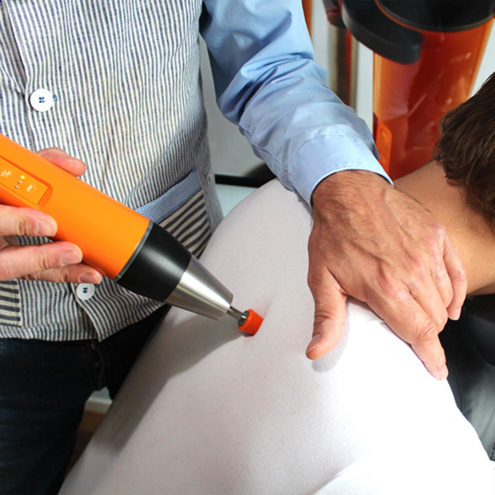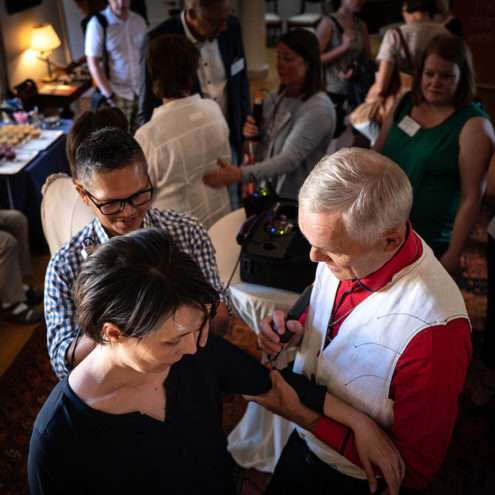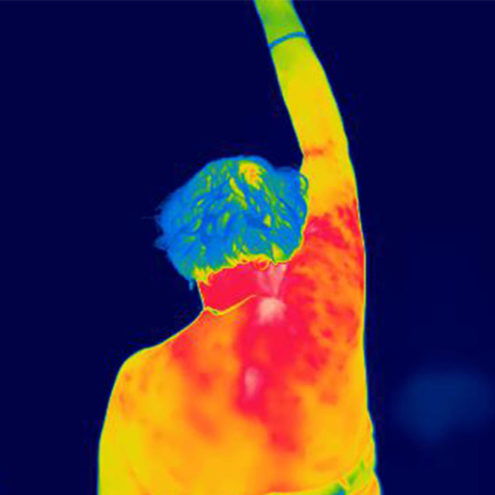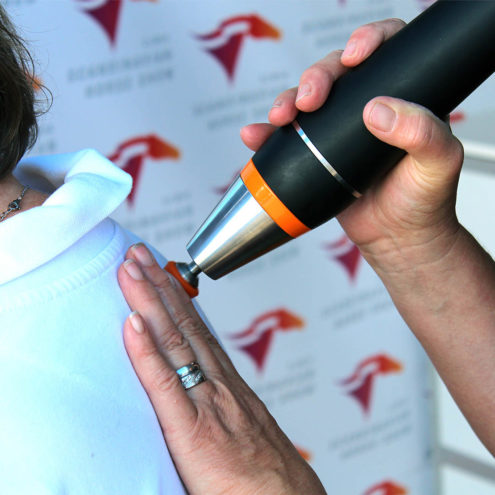Tinnitus: Causes and Management

Tinnitus is the perception of sound, where there is no sound and can be caused by dysfunction anywhere in the auditory system. Tinnitus is a common problem that affects millions of people worldwide. This condition can be very distressing and significantly affect quality of life.
This article will provide a detailed overview of what tinnitus is, its causes, symptoms and how it can be effectively managed. We will also explore how Fascia Clinics can help you manage tinnitus.
What is constant noise in the head?
Description of tinnitus, and its characteristics of continuous sound experiences without an external sound source
Tinnitus is a medical term used to describe the experience of sound in the ears or head without any external sound source. The condition is characterized as an acoustic process that manifests itself as roaring, hissing, whistling or ringing tones. Tinnitus is different from auditory hallucinations, which are perceptions of voices or instruments. Tinnitus can be temporary or constant and varies in intensity and type of sound from person to person. For some individuals, tinnitus is a mild annoyance, while for others it can be a condition that significantly affects their daily lives.
Common causes of tinnitus, including hearing damage, ear infections or neurological conditions
There are several causes of tinnitus, and sometimes it can be difficult to identify the exact cause. Some of the most common causes include:
Hearing damage: Prolonged exposure to loud sounds, such as at concerts or working in noisy environments, can damage the hair cells in the inner ear and lead to tinnitus.
Ear infections: Infections of the middle or inner ear can cause inflammation and lead to tinnitus.
Age-related hearing loss: Natural ageing can lead to hearing loss and tinnitus.
Neurological conditions: Diseases such as multiple sclerosis or tumors affecting the auditory nerve can cause tinnitus.
Medications : Some medications: Some medications, including certain antibiotics, cancer treatments and high doses of aspirin, can cause tinnitus as a side effect.
High blood pressure: High blood pressure can cause or worsen tinnitus.
Earwax: Excessive accumulation of earwax can block the ear canal and cause tinnitus.
Symptoms of tinnitus
Experiencing sounds such as ringing, hissing, roaring, or beeping in the ears or head
The most prominent symptom of tinnitus is the perception of sounds that have no external source. These sounds can vary in character and often include ringing, hissing, roaring, beeping.
Constant presence of the sound, which can vary in intensity and interference level
Tinnitus can be constant or intermittent, and its intensity can range from mild to very disturbing. For some individuals, tinnitus can be so loud that it interferes with their ability to concentrate or sleep.
Increased awareness of sound in quiet or calm environments
The sound of tinnitus can become more noticeable in quiet environments or at night when there are no other sounds to mask the tinnitus. This can make it difficult to sleep and can increase stress levels, which in turn can make tinnitus worse.
Management of tinnitus
Sound therapy or masking sounds to reduce attention to tinnitus and improve sleep
Sound therapy is an effective method of managing tinnitus. This may involve the use of white noise machines, apps or other devices that produce background noise to mask tinnitus and reduce awareness of it. Sound therapy can also include listening to soothing music or nature sounds, which can improve sleep and reduce stress.
Stress management and relaxation techniques to reduce the experience of tinnitus
Stress and anxiety can make tinnitus worse. Stress management and relaxation techniques such as meditation, yoga, deep breathing and progressive muscle relaxation can help reduce stress levels and relieve tinnitus. Cognitive Behavioral Therapy (CBT) has also been shown to be effective in managing the emotional effects of tinnitus.
Use of hearing aids or sound masking devices to improve hearing and reduce the disturbance from tinnitus
For people with hearing loss, hearing aids can be very helpful. These devices amplify external sounds, which can make tinnitus less noticeable. There are also special tinnitus maskers, which are devices designed to generate sounds that can mask tinnitus.
In summary, tinnitus can be a distressing condition that can significantly affect quality of life. Understanding the causes, symptoms and treatments can help you effectively manage and alleviate your condition.
 Search
Search


































